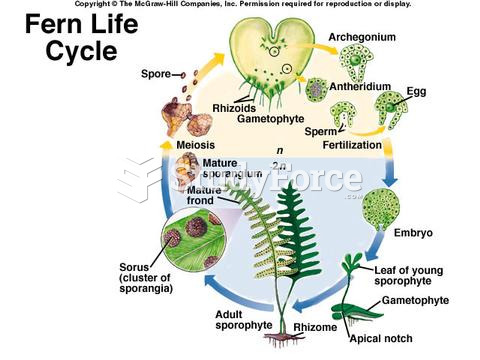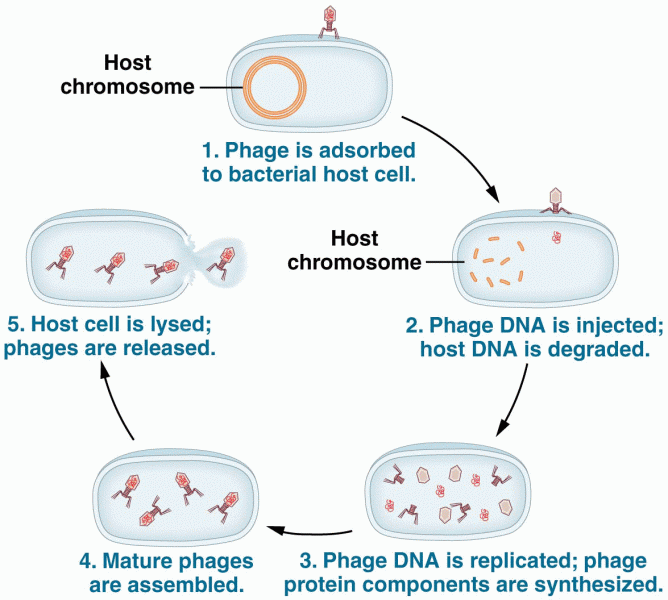Answer to Question 1
It is not very adaptive for humans to continue to feel negative emotions once a threat subsides. So Fredrickson also suggests in her undoing hypothesis that positive emotions help us recover more quickly from detrimental effects of negative emotions. Why do we laugh sometimes immediately after a false startlethink of someone suddenly and unexpectedly tapping us on the shoulder from behind in a dark movie theater during a scary scene? Would we startle and then laugh? If we do, we laugh because the positive emotions help us relieve tension and regain our equilibrium. It is adaptive for humans to regain equilibrium once the tiger is gone, then broaden attention to other people and resources to engender social support and resource sharing. Given that we humans are social beings, we wouldn't last long in a cave or on the savannah if we had to fend for ourselves, alone against predators, famine, and diseases.
Answer to Question 2
It's no surprise that the study of positive emotions attracted the attention of researchers in the area of positive psychology. However, what is surprising is that these emotions were largely neglected by investigators who, until the 1980s, focused almost exclusively on negative emotions. Why exclude positive emotions in favor of negative ones? There are a number of reasons.
First, we associate negative emotions with problems and the focus of psychology has historically been, with good reason, on how to alleviate suffering and help those with problems. Second, there are fewer positive emotions than negative ones. For example, there appears to be only one positive emotion for every three or four negative emotions. Third, positive emotions seem less distinct from one another and more difficult to define operationally. For example, how do you sharply define joy or bliss so that they differentiate well from each other? Contrast that with how much easier it is to define anger or anxiety so that we can easily tell them apart. Fourth, in recent years, with the increased focus on how to live an effective life, there is a greater interest in the study of positive emotions. And last, we now know that strategies that support and sustain positive emotions can help those who experience problems like coping with stress and other difficulties.







